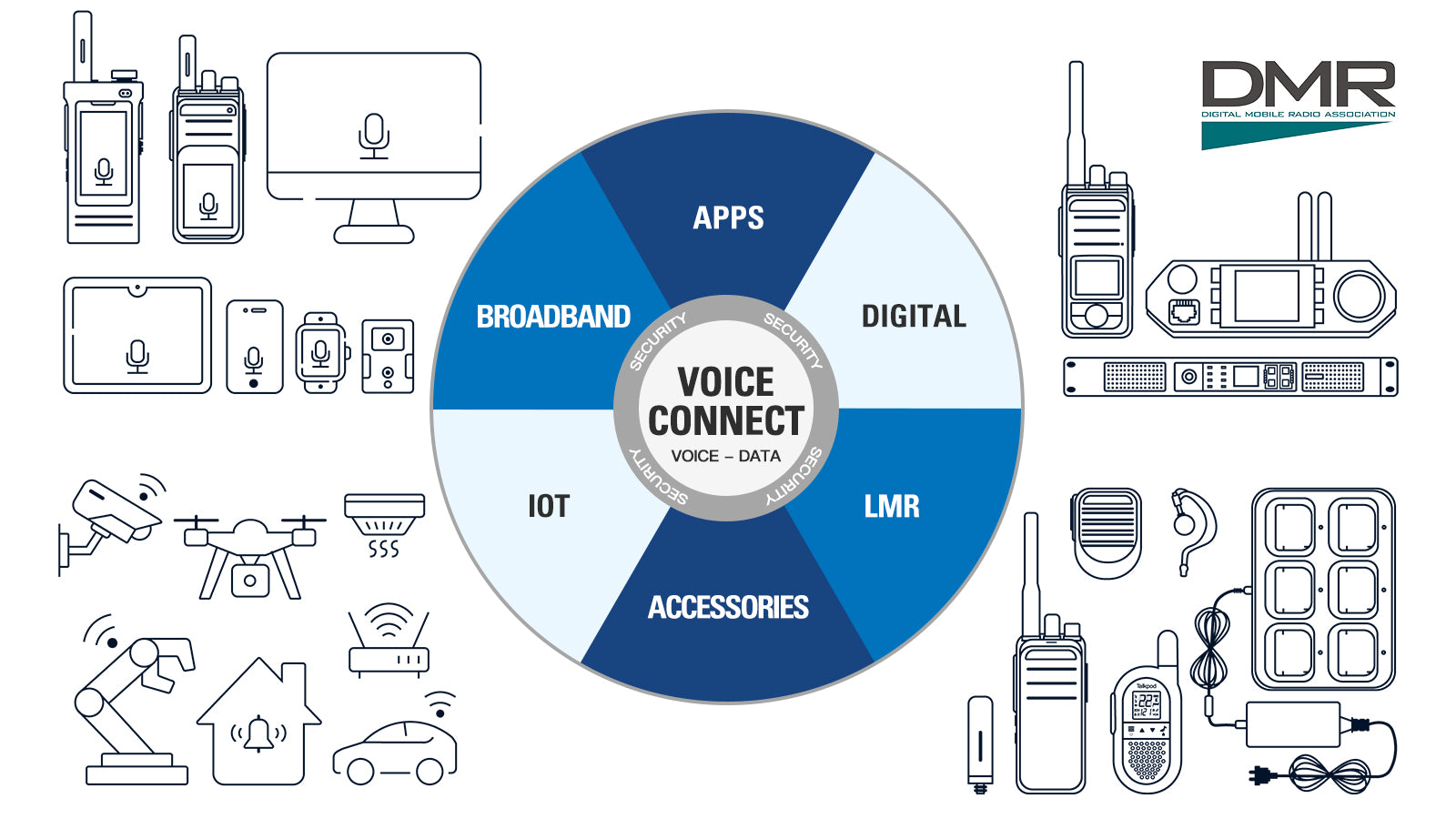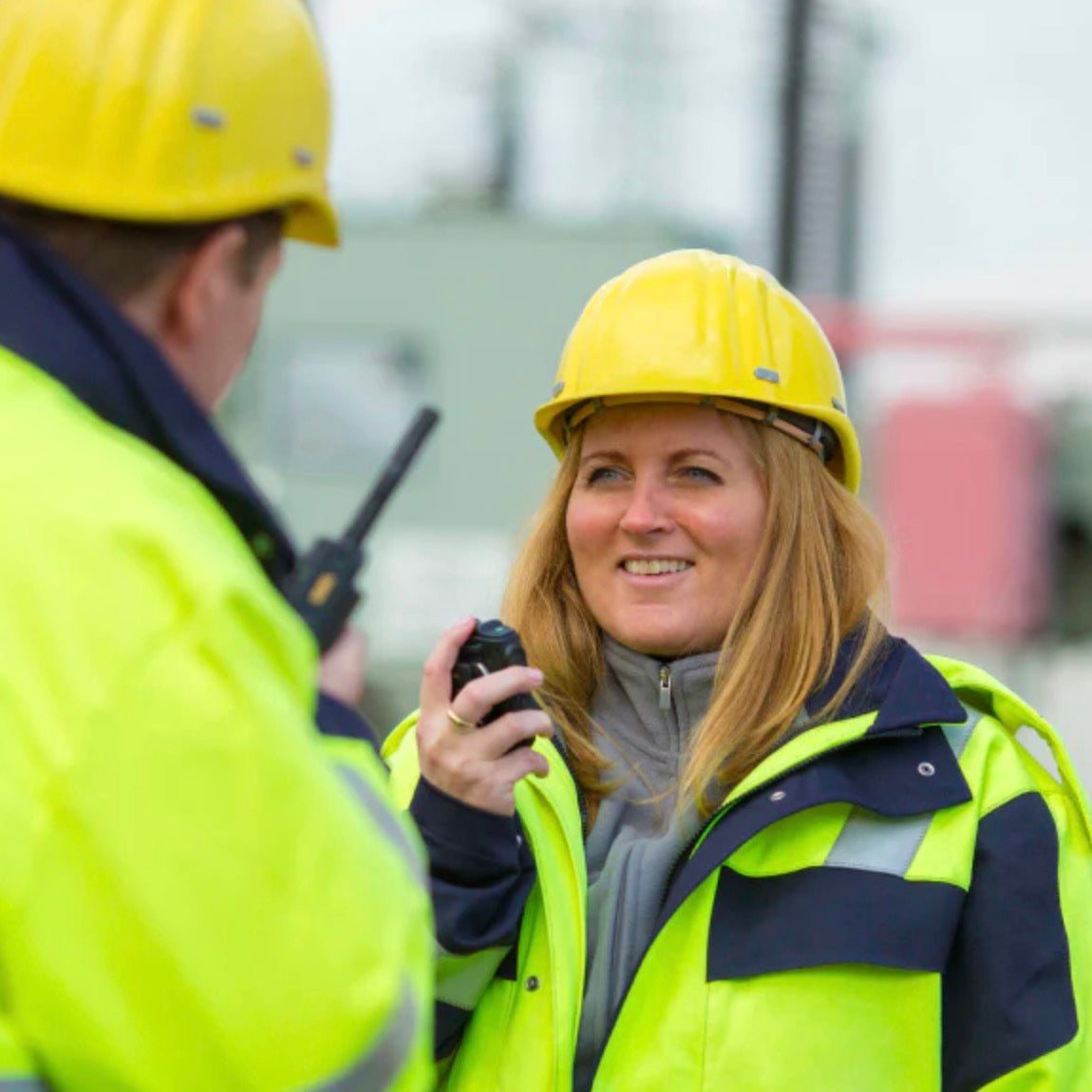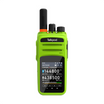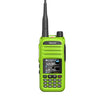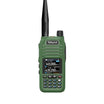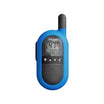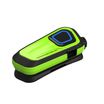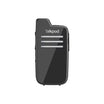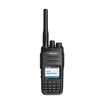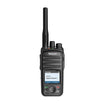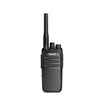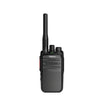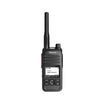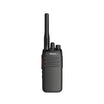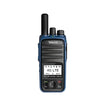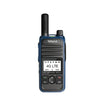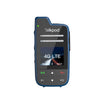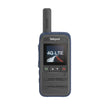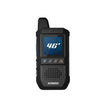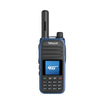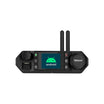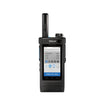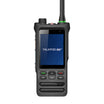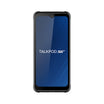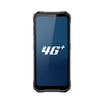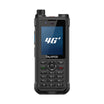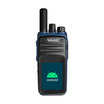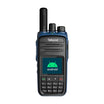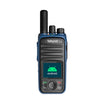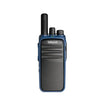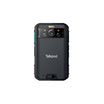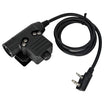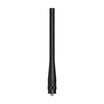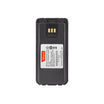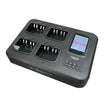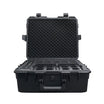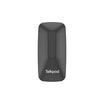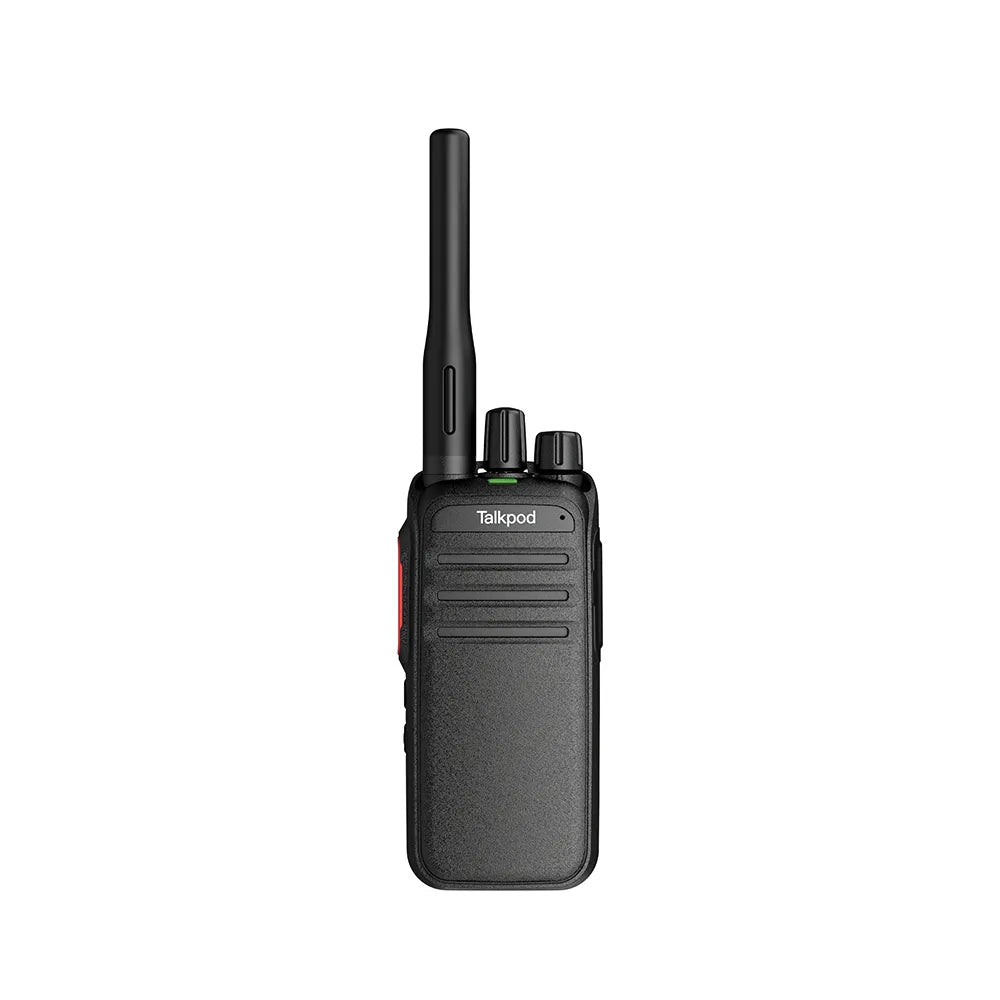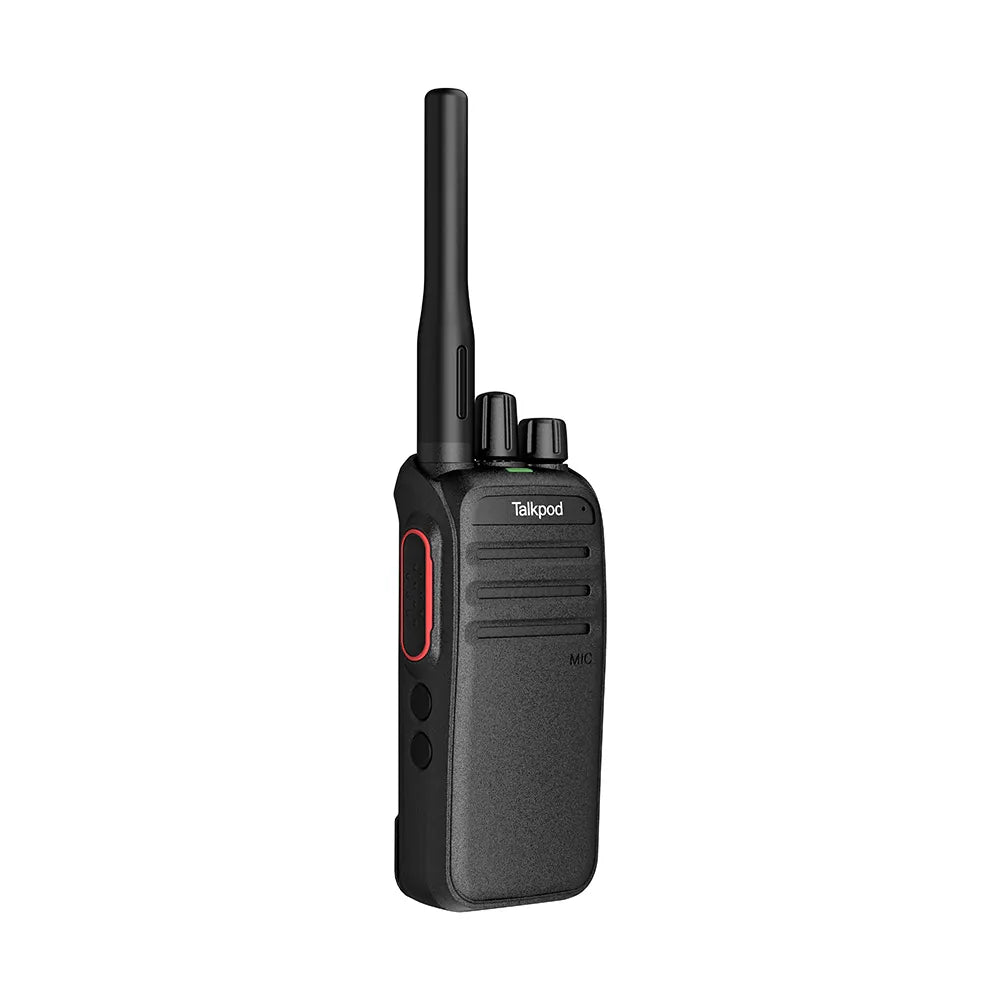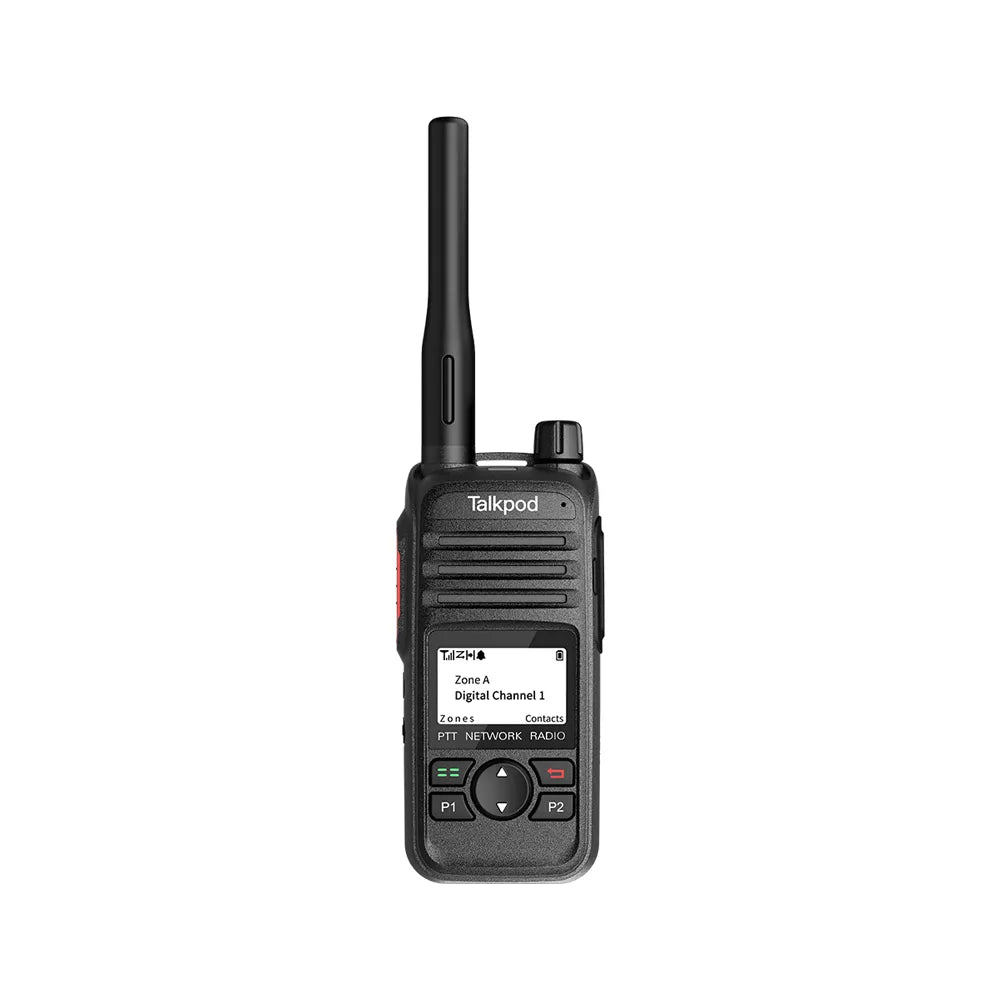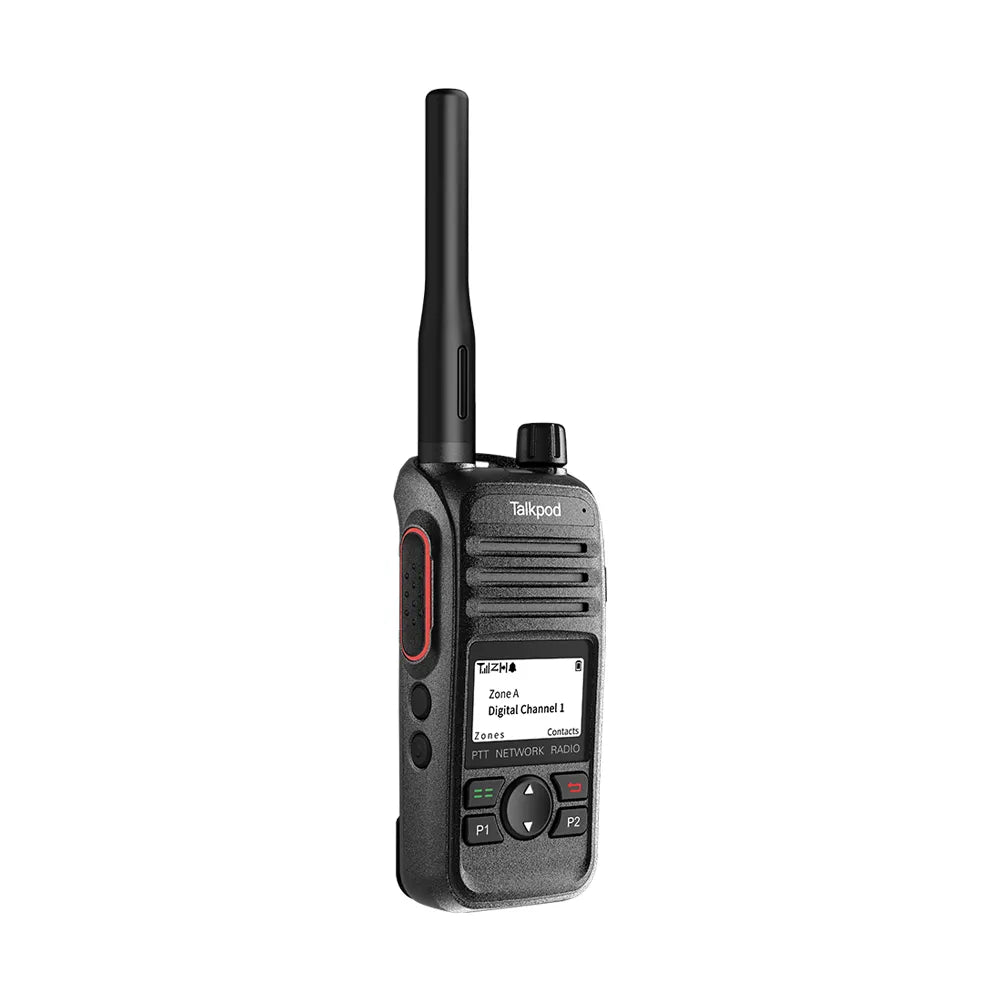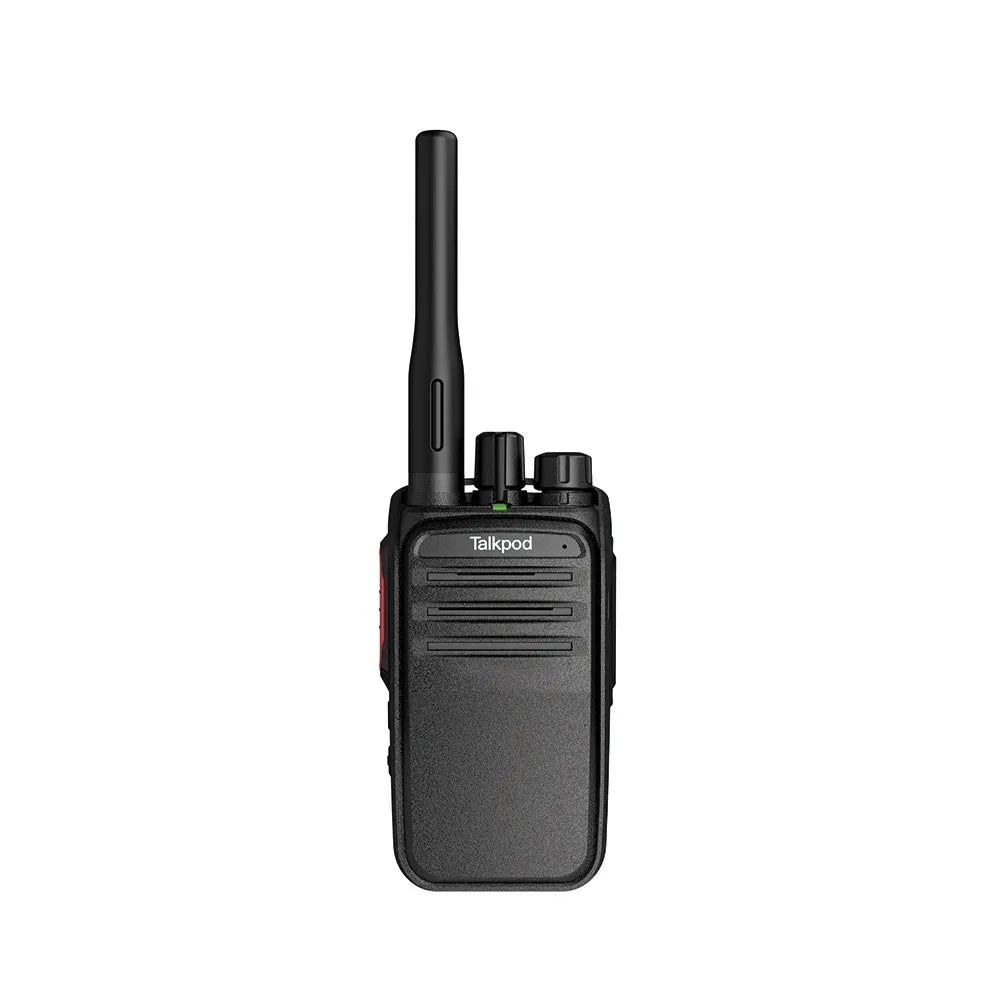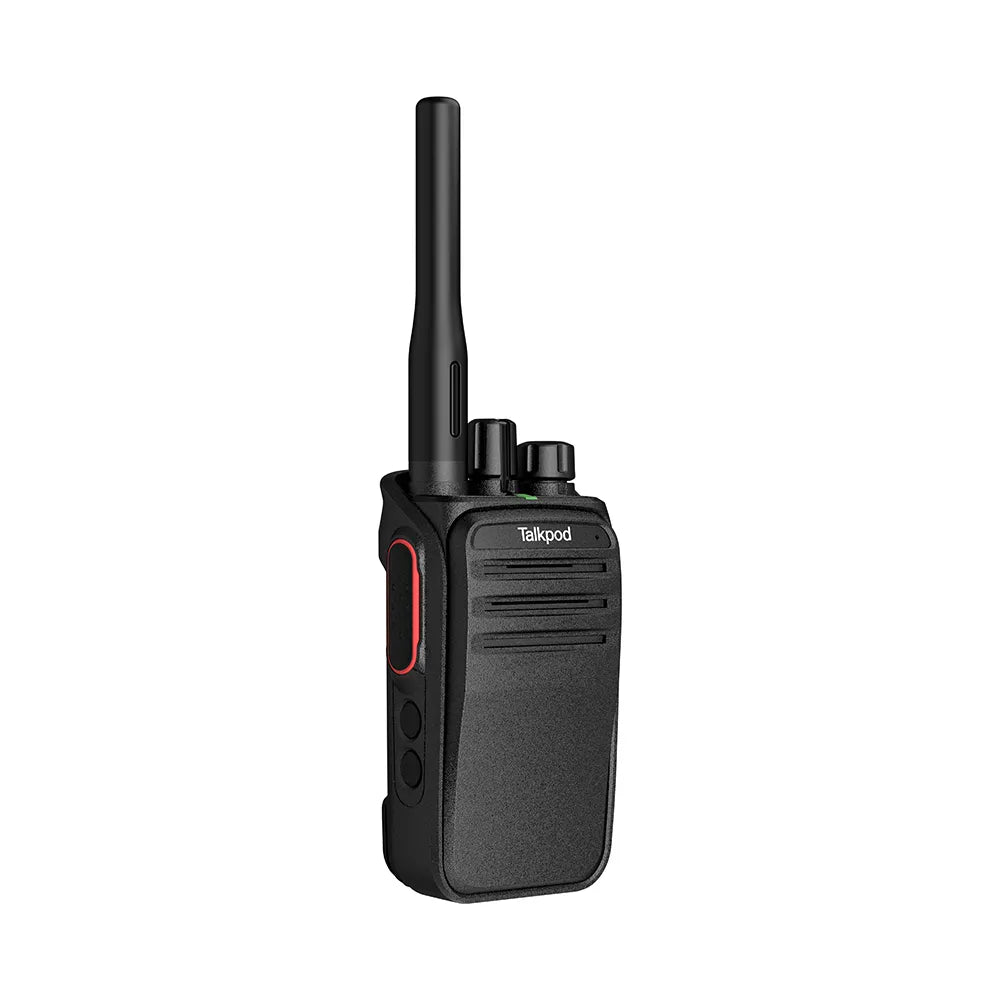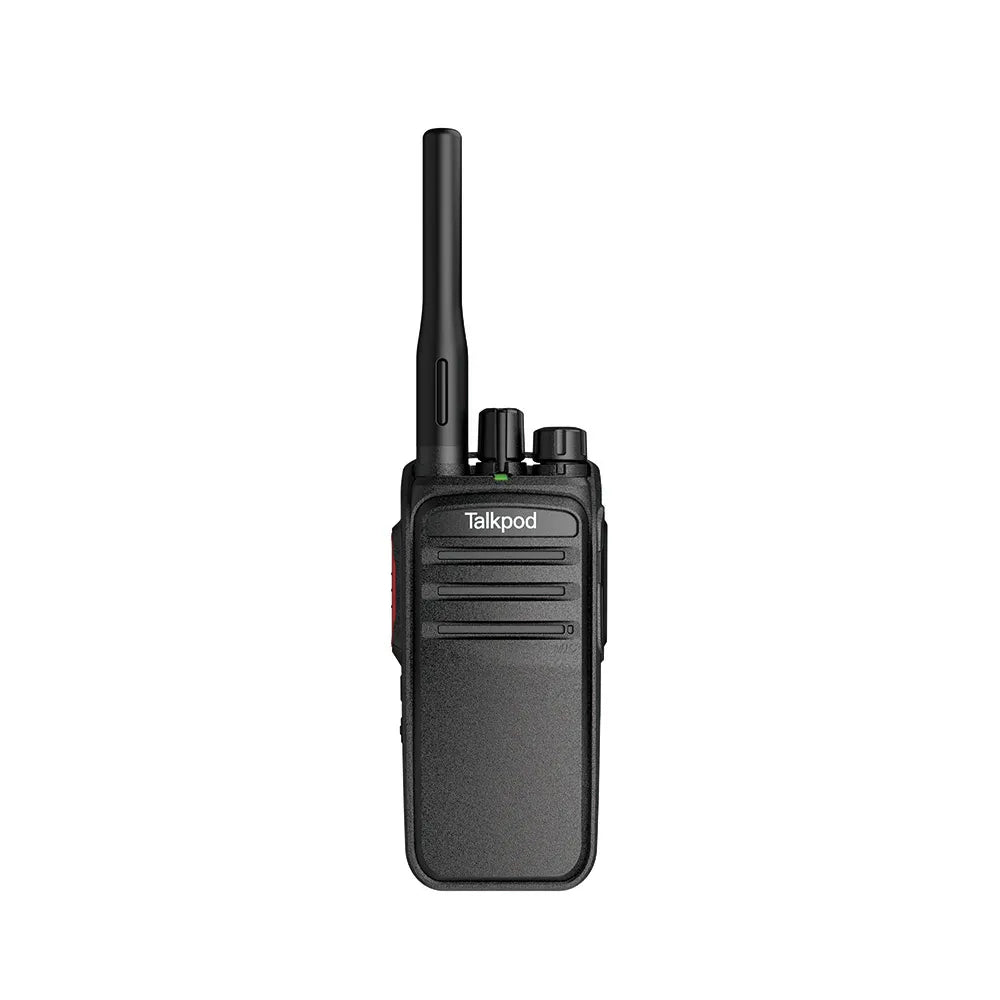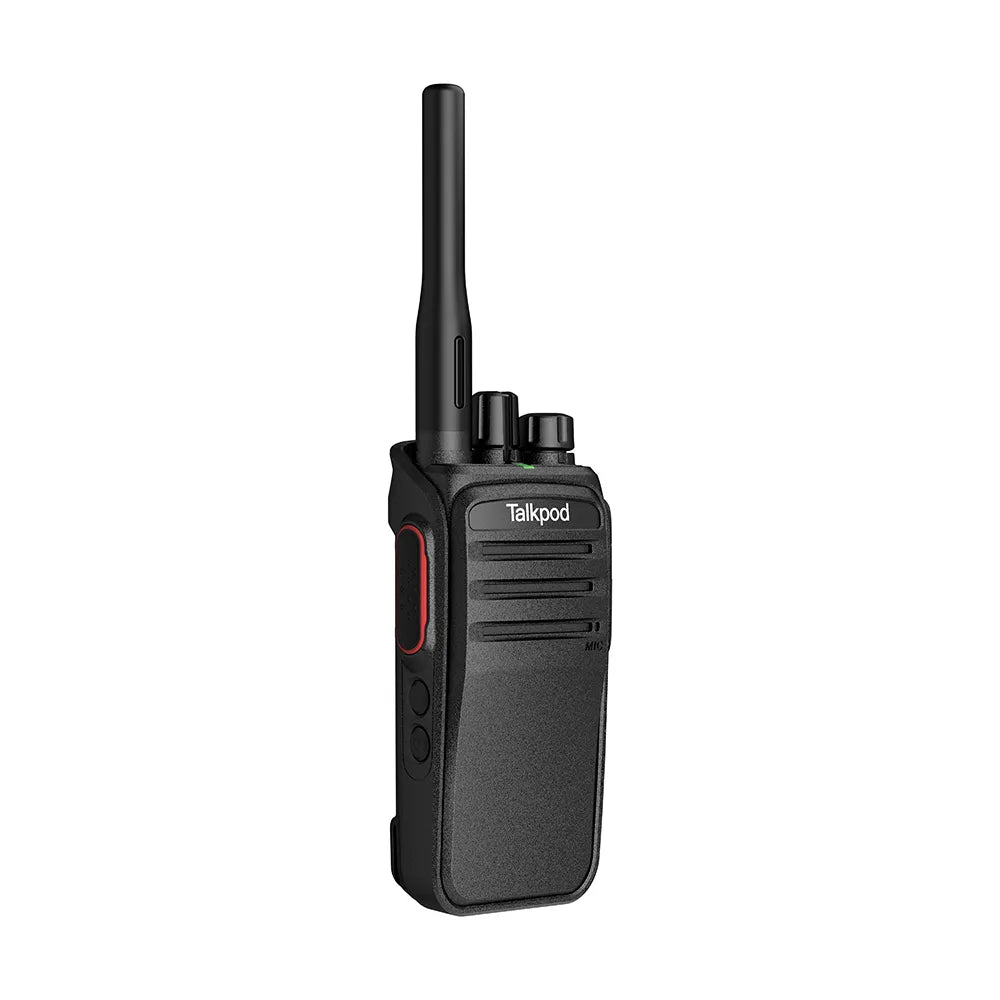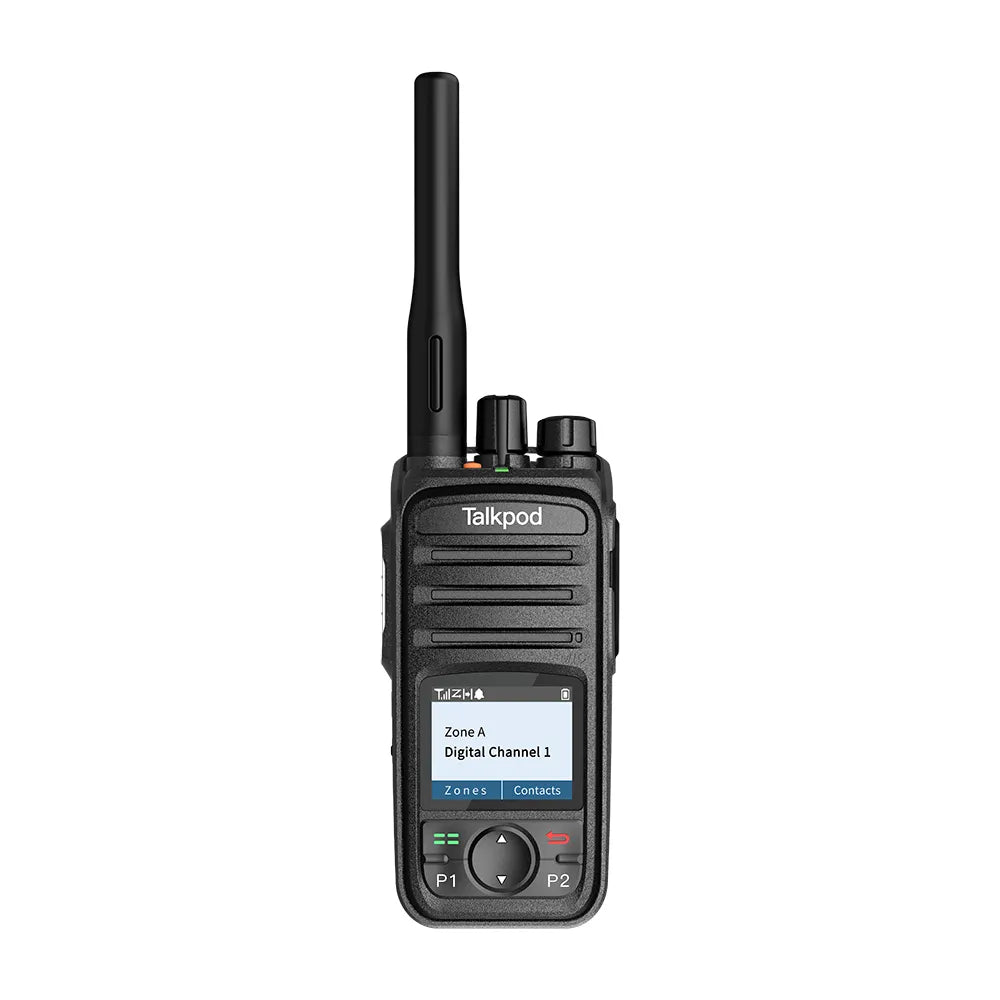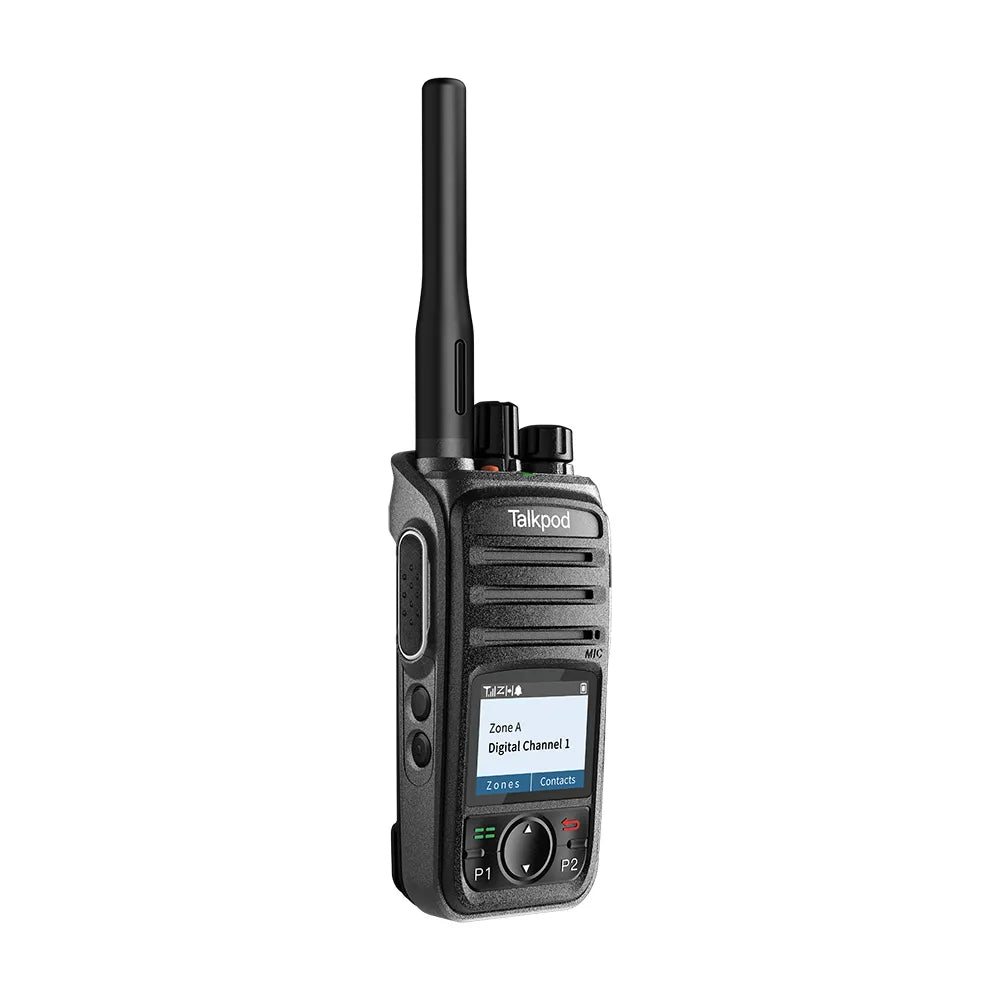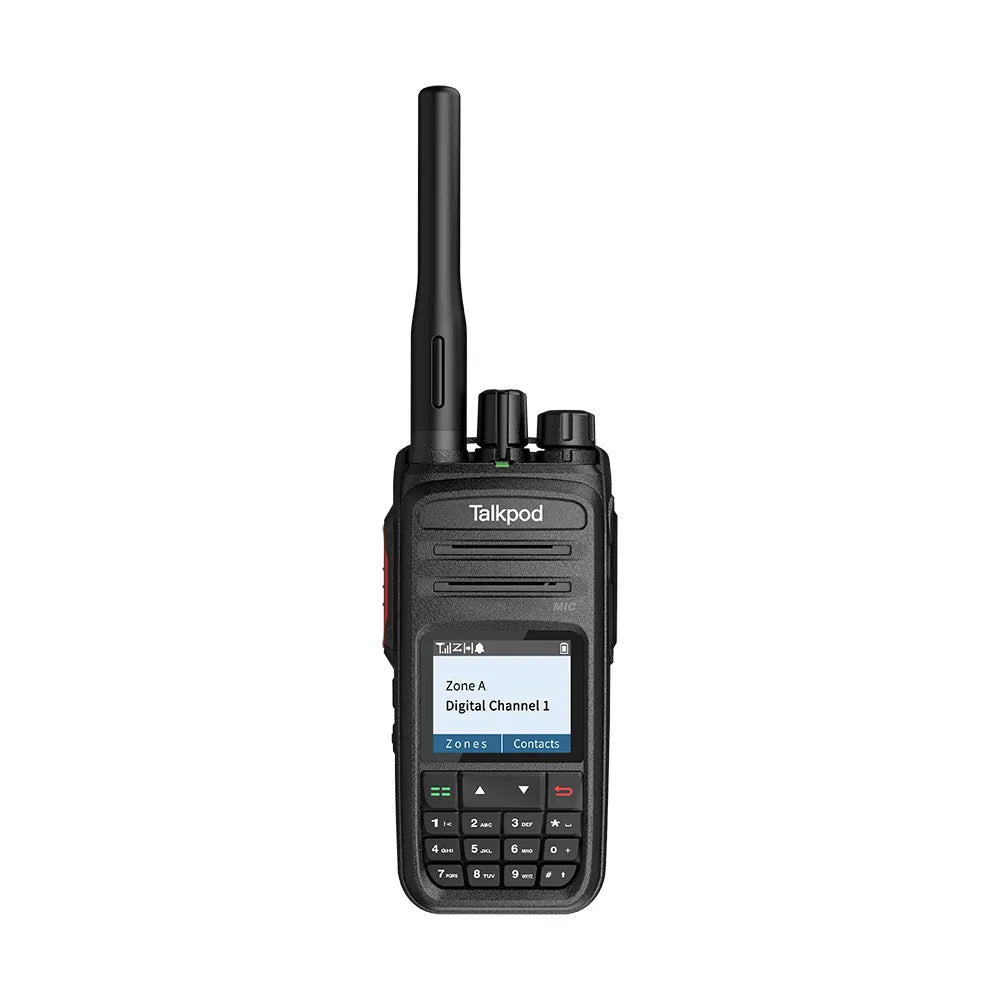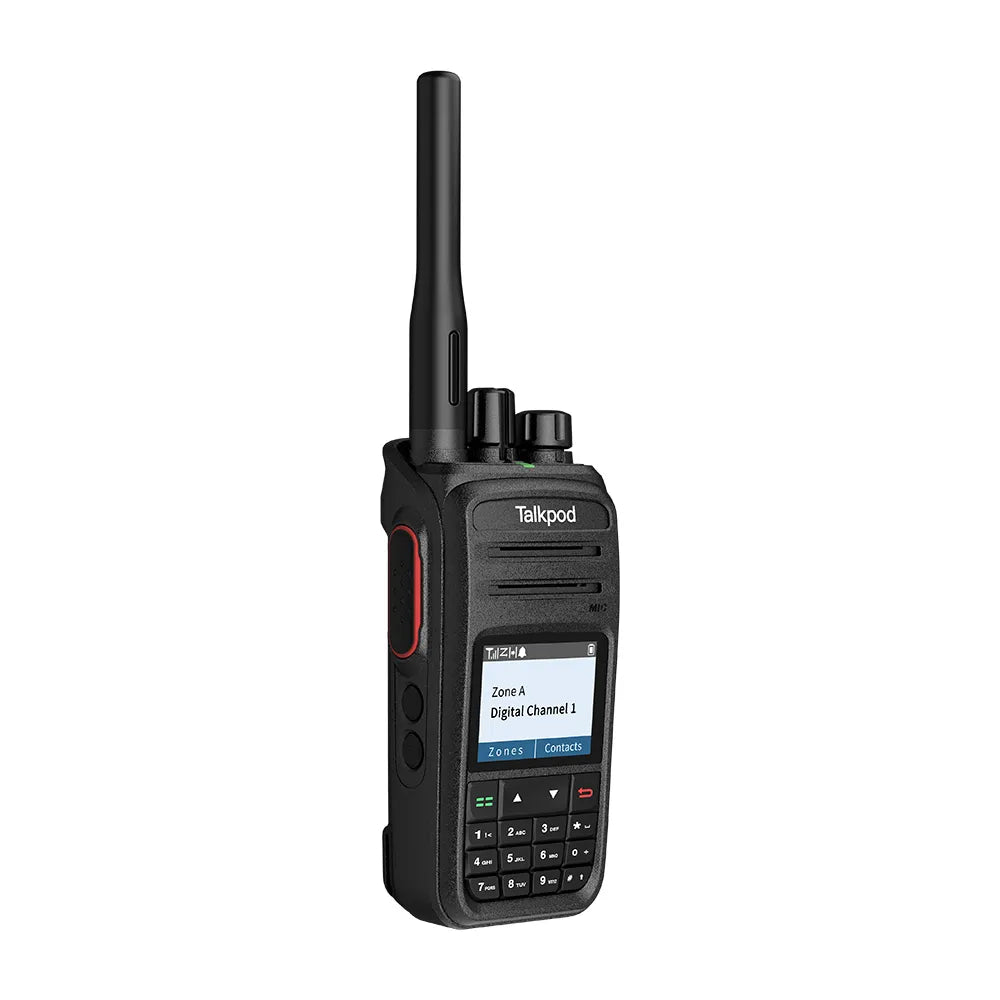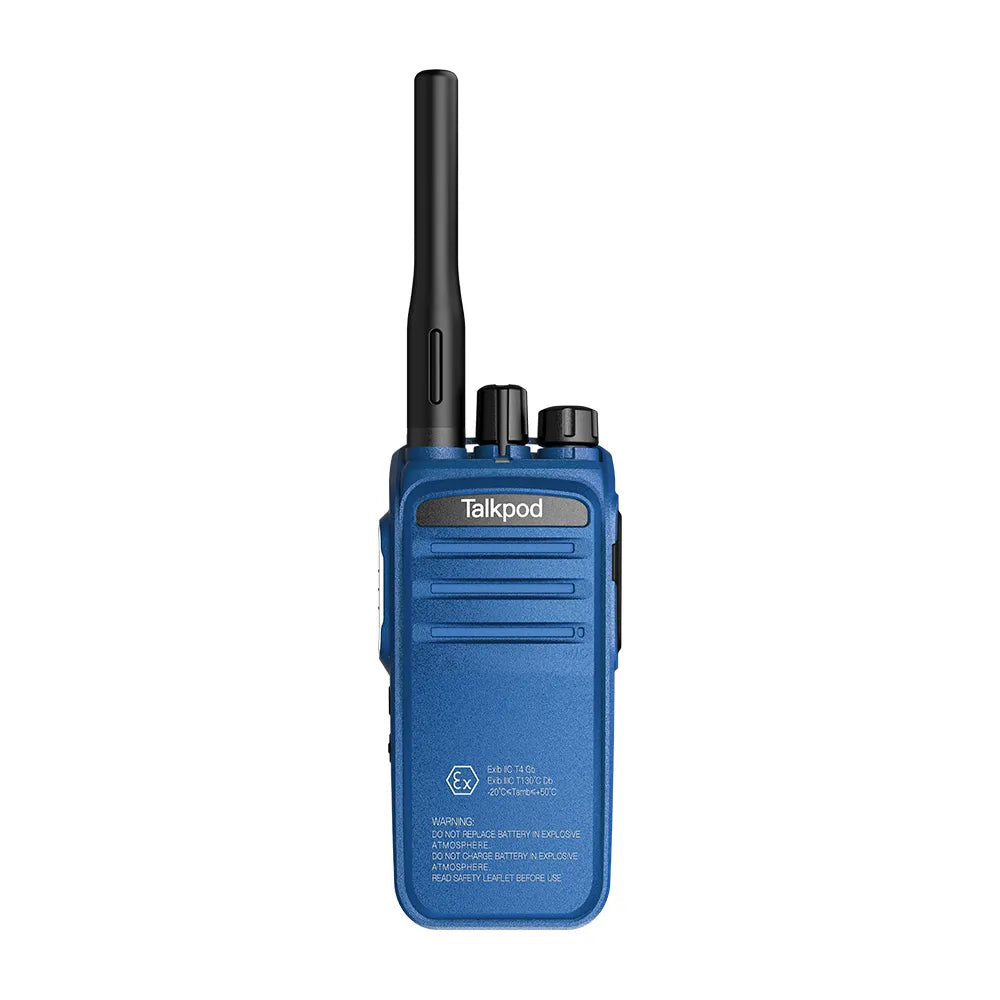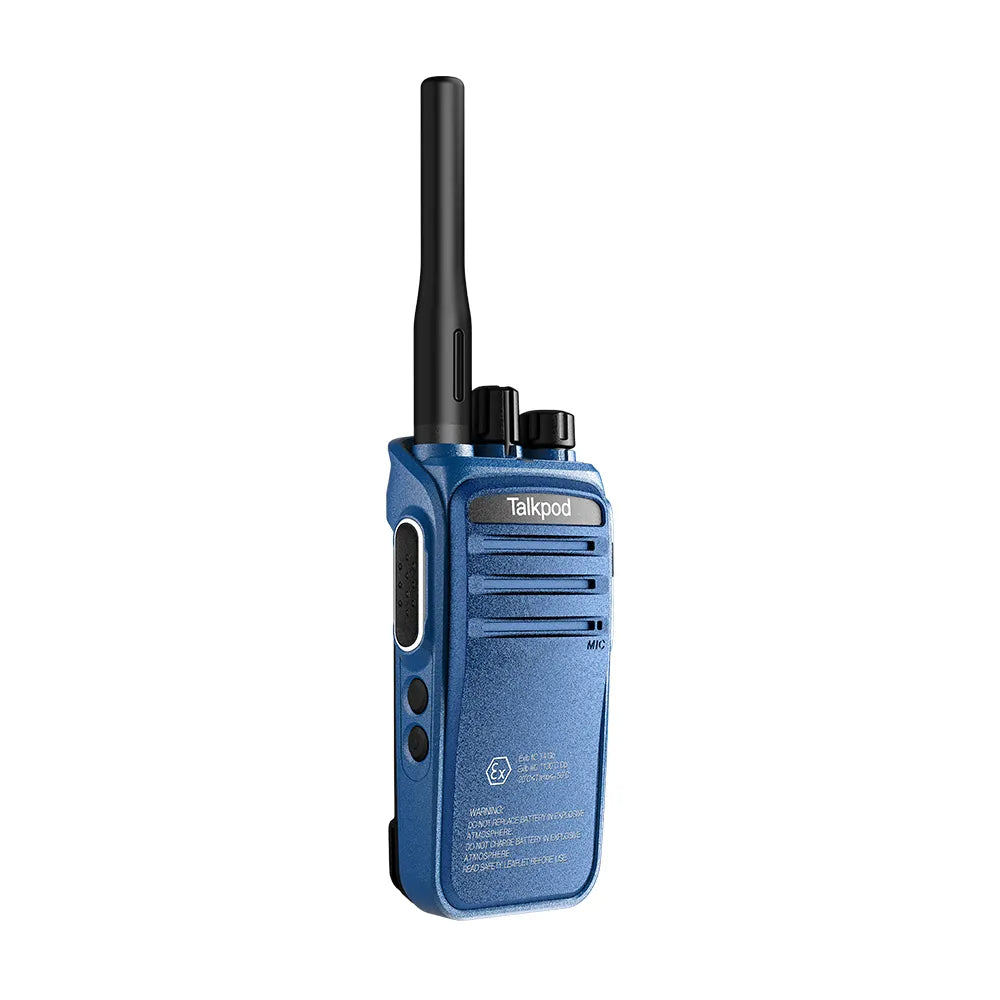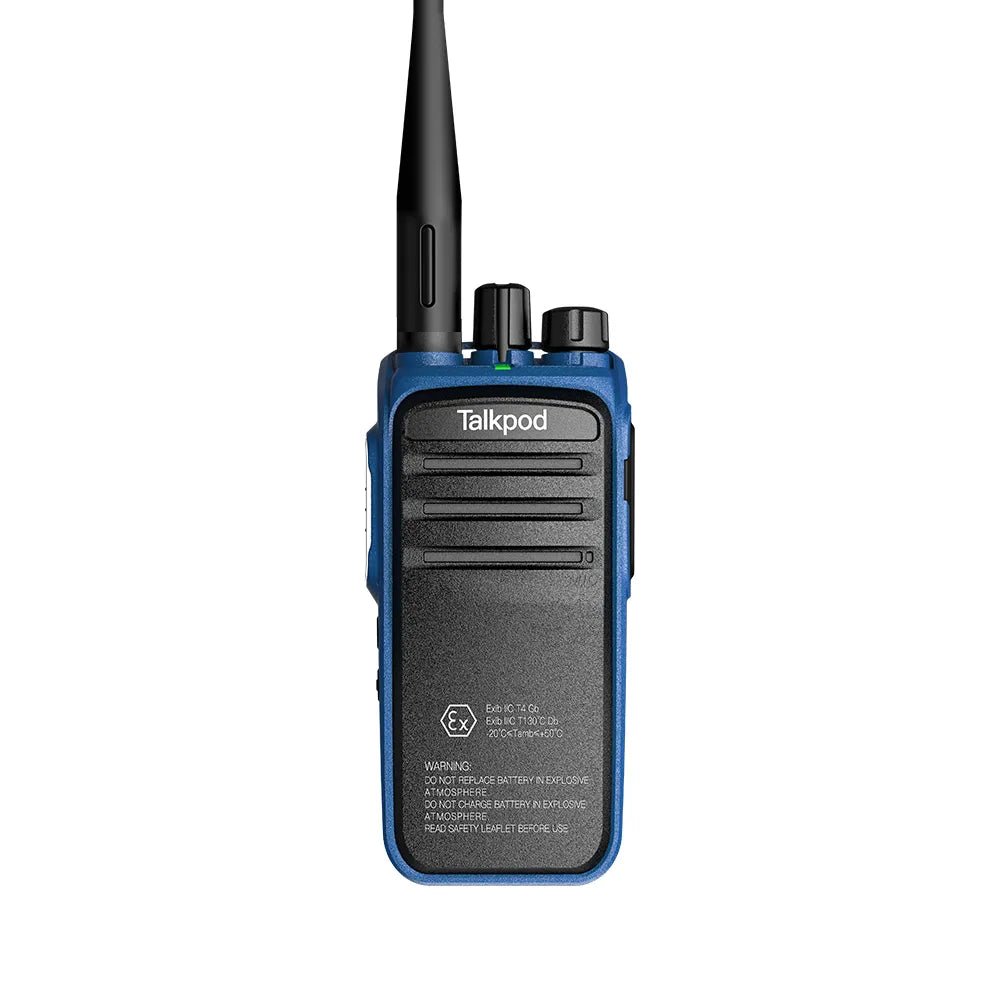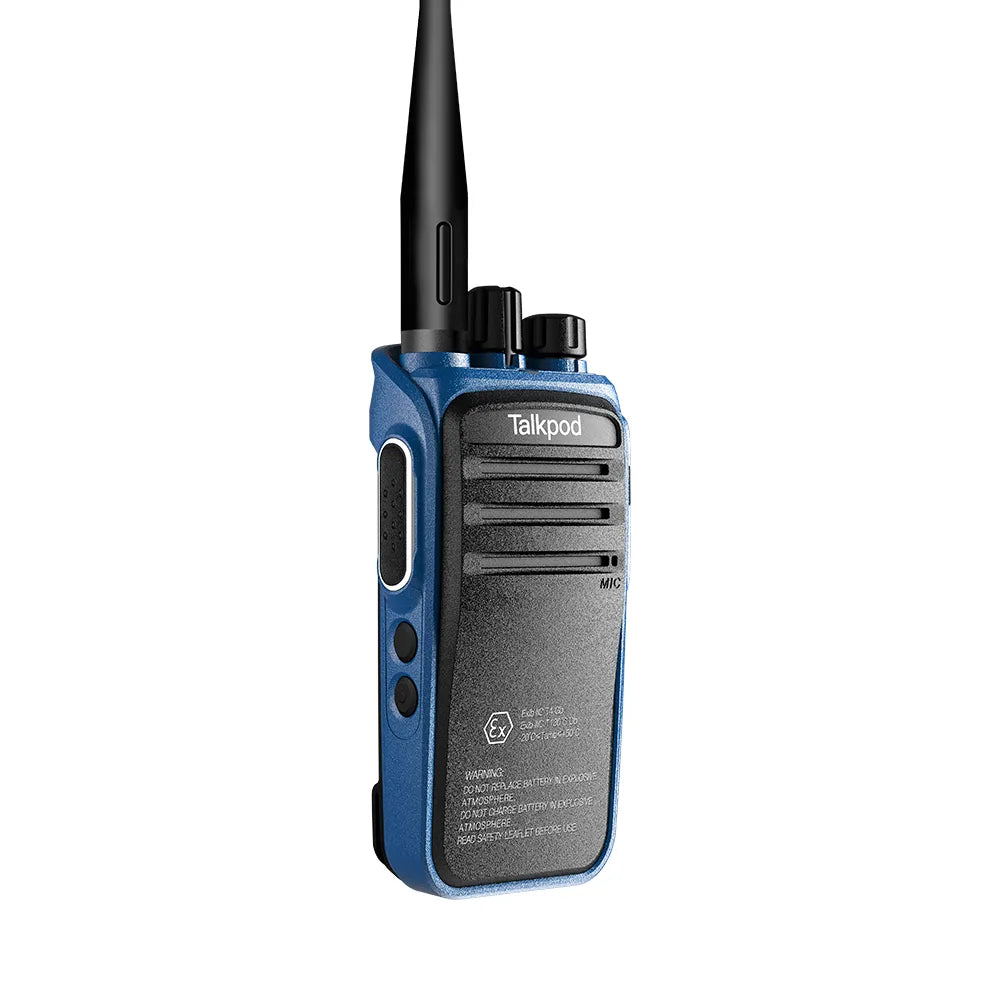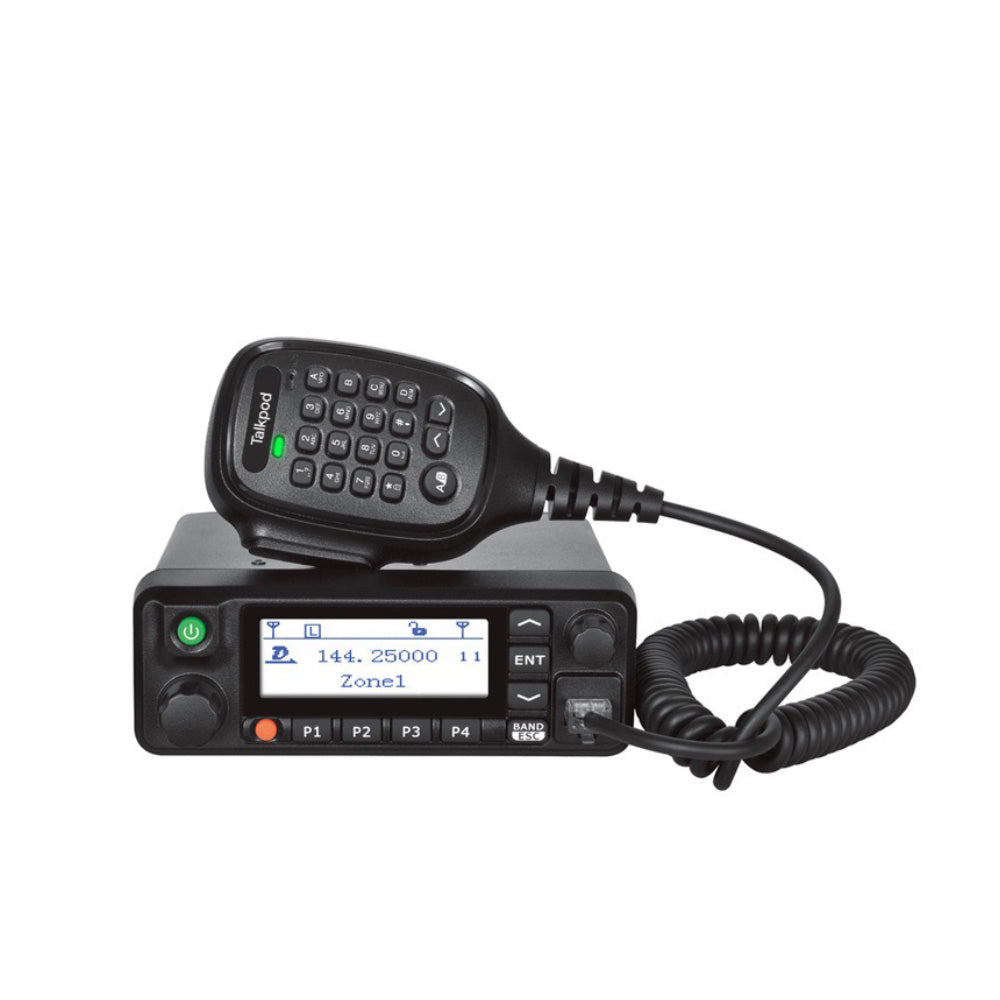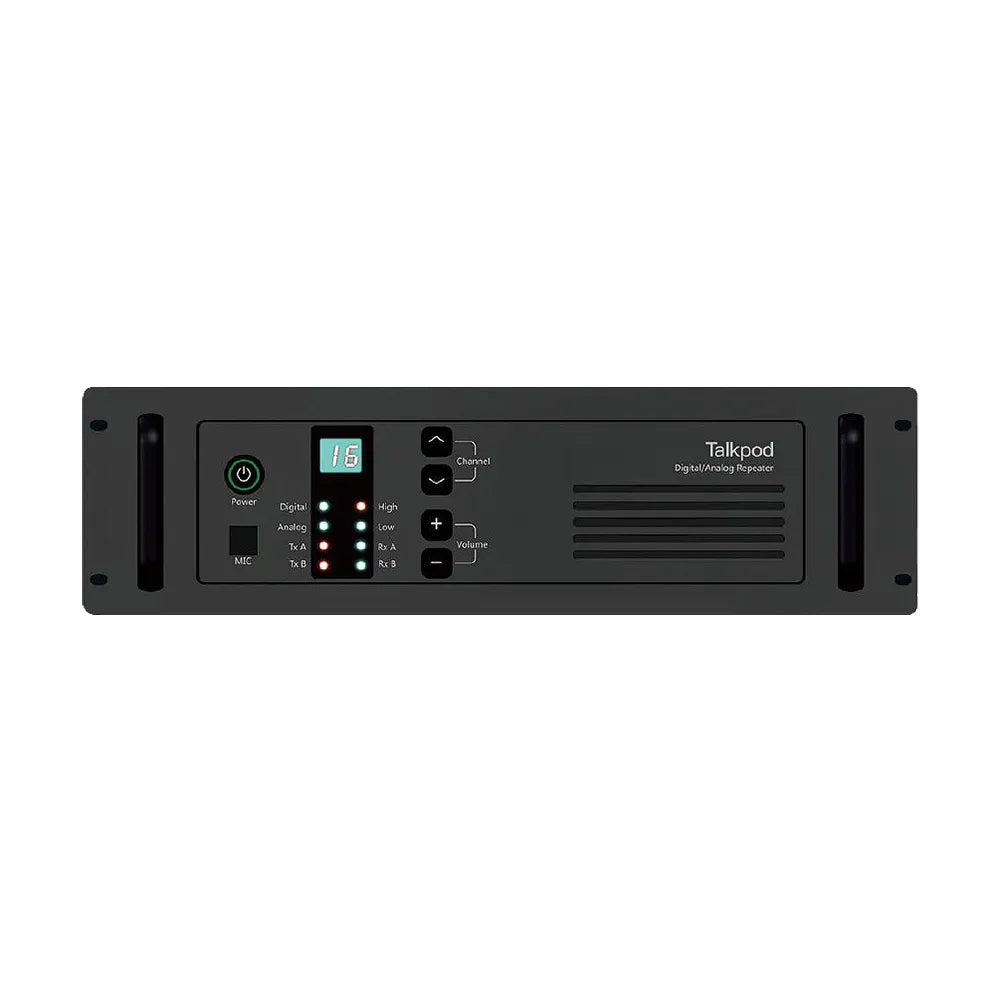What is Analog Radios?
Analog radios have been a cornerstone in sectors ranging from education to industry, providing steadfast communication since their inception in the 1930s. These devices have been praised for their simplicity and ease of use, making them accessible to diverse groups. However, as technology advances and demands for clearer voice transmission, greater functionality, and wider coverage grow, the limitations of analog radios become apparent. The evolving landscape of business and communication necessitates a shift towards more advanced solutions to meet contemporary needs.
Where Does Analog Fall Short?
With analog radios, every noise that is picked up by the microphone is transmitted, making it difficult for users to understand each other in noisy environments. Radio interference creates static on analog radios and makes the conversation less intelligible. Voice gets garbled and the message must be repeated, especially the closer you move to the boundaries of coverage. Also, analog radios typically allow for only one two-way conversation at a time per channel, limiting your team’s ability to collaborate and conduct private conversations.
What is Digital Radios?
Digital Mobile Radio (DMR) has emerged as a transformative technology for businesses demanding seamless, clear, and efficient communication. DMR radios transcend traditional analog limitations, offering improved voice clarity, expanded network capacity, enhanced privacy, and longer battery life. Ideal for complex operations, these radios enable comprehensive real-time communication across diverse devices and platforms, ensuring operational efficiency and safety in a fast-paced business environment.
Four Reasons Digital Radios Outper form Analog Radios?
Discover the superiority of digital radios over traditional analog systems. Here’s why they're revolutionizing communication:
- Unmatched Voice Clarity: Digital radios bring automatic error correction to the table, ensuring voice clarity remains pristine even amidst noisy backgrounds or weakened signals. They employ sophisticated algorithms to encode speech digitally, providing crystal-clear communication even in harsh conditions.
- Enhanced Capacity: Experience a remarkable increase in bandwidth with digital radios. They're designed to double the capacity of existing 12.5kHz channels, potentially reducing licensing expenses and optimizing frequency usage.
- Consistent, Strong Coverage: Digital radios excel in maintaining signal integrity, even at the fringes of the coverage area. The built-in error correction mechanism drastically reduces issues like static, background noise, and voice distortion, common with analog systems, ensuring you stay connected wherever you are.
- Extended Battery Life: Digital technology stands out in energy efficiency. Digital radios, particularly those from the Talkpod DMR series, boast up to 40% extended battery life compared to analog devices, facilitating all-day communication without the need for constant recharging.
Embrace the future of communication with digital radios: clearer, more reliable, and efficient.
Get More With Digital?
Not only does going digital boost the performance and efficiency of your radio communications, digital radios provide an entry-point to a range of integrated applications and solutions that can unify communications from end-to-end, transforming the way your business operates. This includes video and security, dispatch, work ticketing and more.
Talkpod is a Members of the DMR Association?
Yes, Talkpod Technology Co., Ltd. is a Category 1 member – Full Members, Manufacturers of the Digital Mobile Radio Association since September 2016.
Talkpod Technology legally uses the DMR Trademark and works with all members of the Digital Mobile Radio Association to develop, promote and popularize DMR technology.
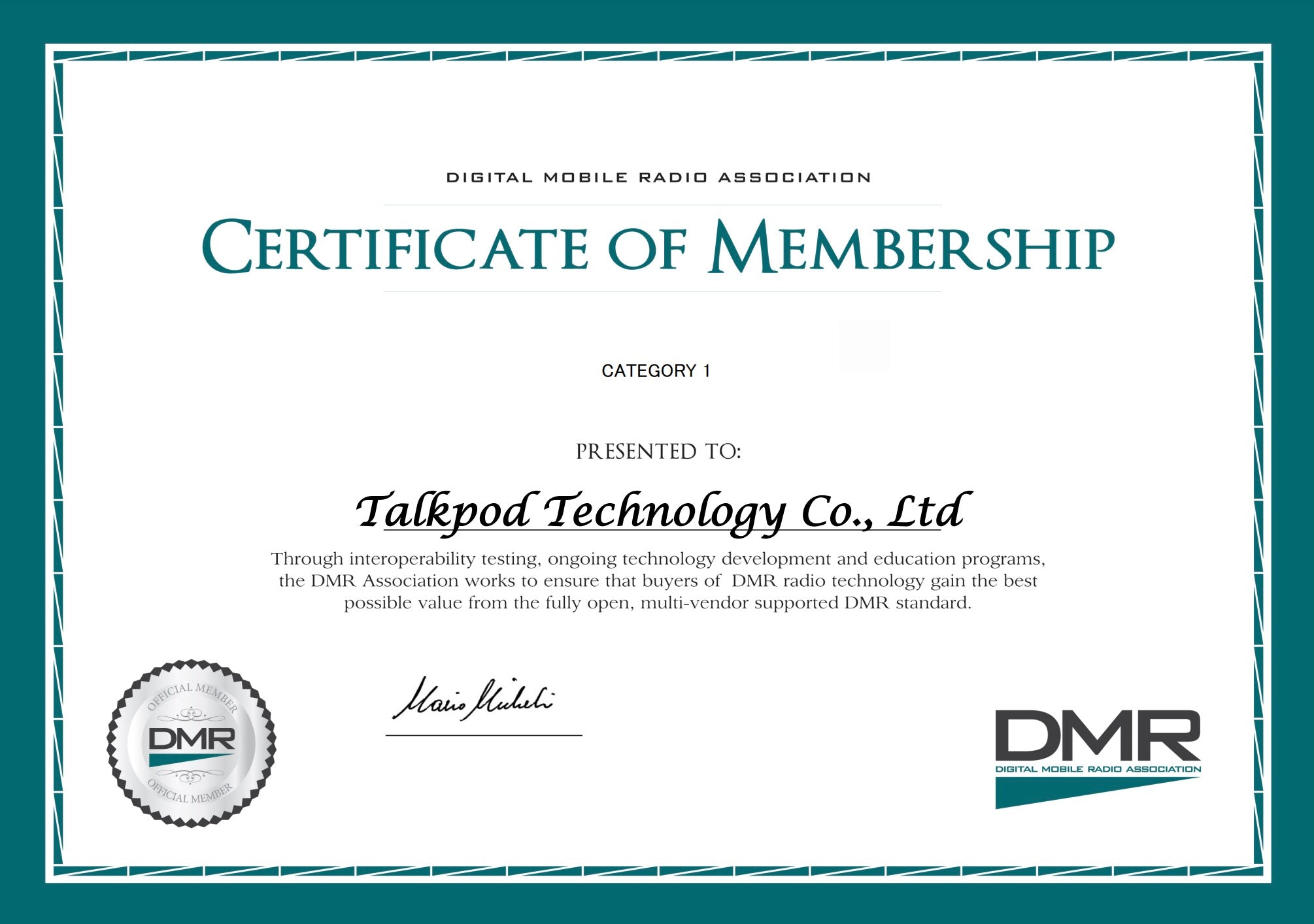
Has Talkpod obtained DMR’s patented technology authorization?
Yes, Talkpod's (Quanshun Group) DMR series products utilize patented technologies related to DMR and are officially authorized for use by the holders of DMR patents, with regular payment of DMR patent royalties.
Talkpod Technology is dedicated to innovation and respecting intellectual property rights. We believe in the importance of honoring and upholding the rights of patent holders, and we are committed to operating in full compliance with all applicable laws and regulations governing intellectual property.
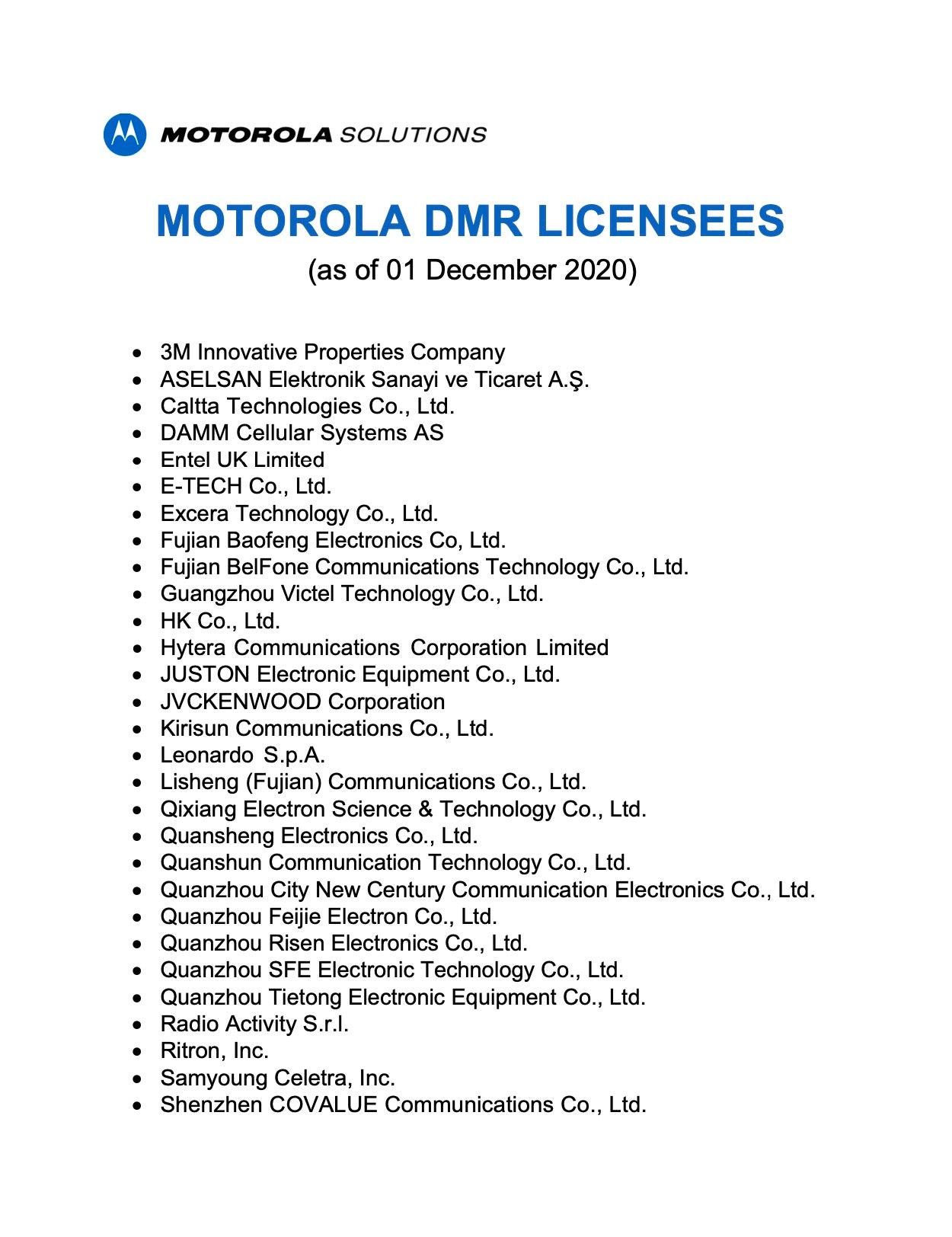
Explore DMR from Talkpod Technologies
Equip your teams with ultra-thin portables and extra-tough mobiles, industry-leading data applications and flawless system scalability.
Our devices are designed to the highest specifications both inside and out. With outstanding range, battery life, and responsiveness, your team can collaborate more effectively, work more efficiently, and create more loyal customers.
Portables
Connect your entire operation with Talkpod digital portable radios.
Mobiles
Keep your teams connected with Talkpod mobile radios.
Repeaters
Talkpod reapeater systems are designed to scale with your organization, so you can grow as large as you like.
Talkpod DMR Series
DMR Wiki:
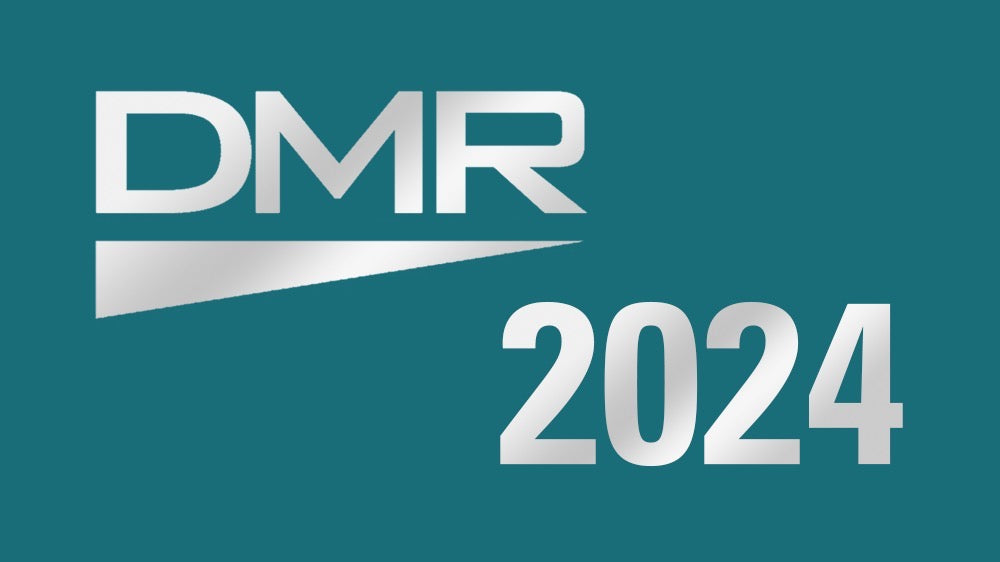
As we move deeper into 2024, the demand for efficient and reliable communication solutions continues to grow, especially in industries where coordination and response time are critical. Digital Mo...
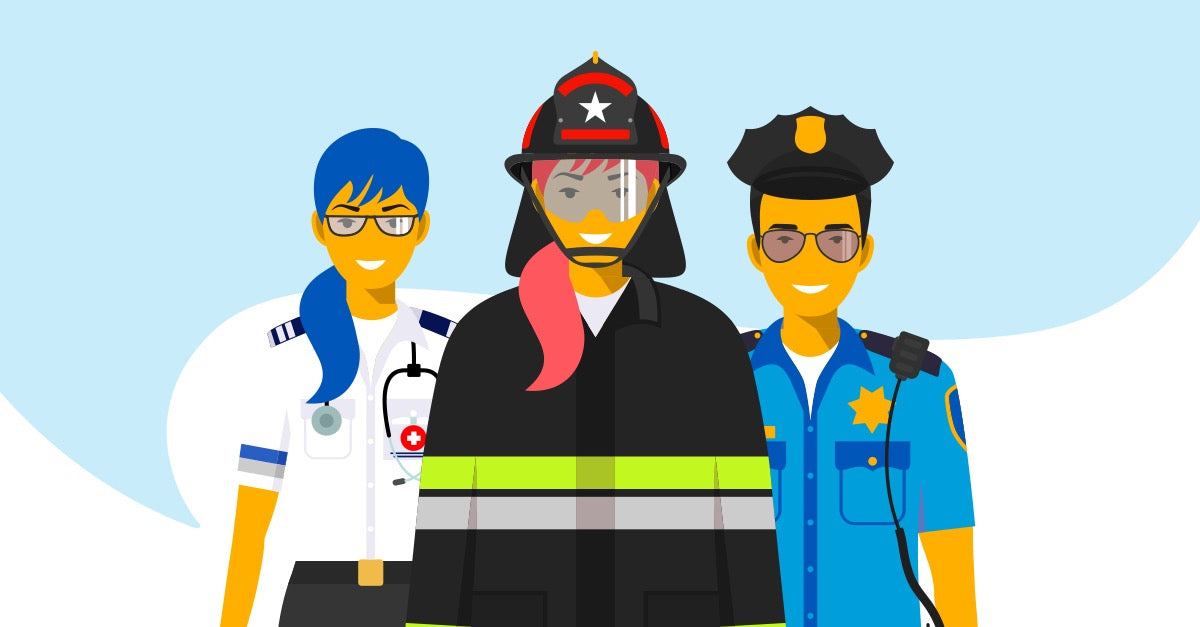
DMR: The Backbone of Resilient First Responder Communications
In the demanding world of first responder operations, where natural disasters and catastrophic events frequently disrupt conventional telecommunication services, the need for a resilient communicat...

Revolutionizing Field Testing: The Criticality of DMR Tier 3 Radio Assessments
In the realm of Land Mobile Radio (LMR) protocols, Digital Mobile Radio (DMR) Tier 3 stands out for its rapid adoption across various sectors, including utilities, government agencies, and commerci...
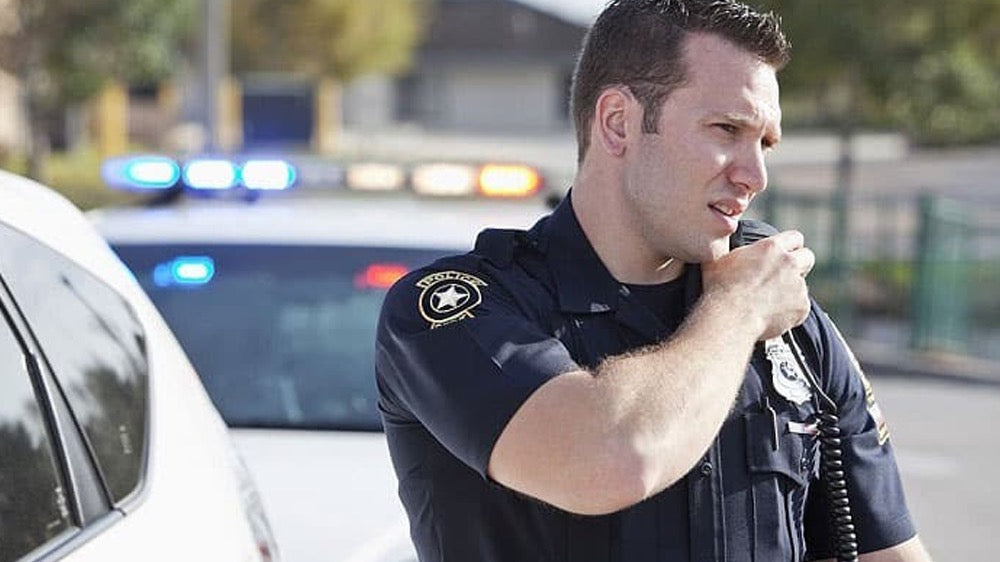
In the realm of radio communication, the Individual Call stands out as a tailored, direct method of reaching out to a specific user. This blog post delves into the essence of Individua...
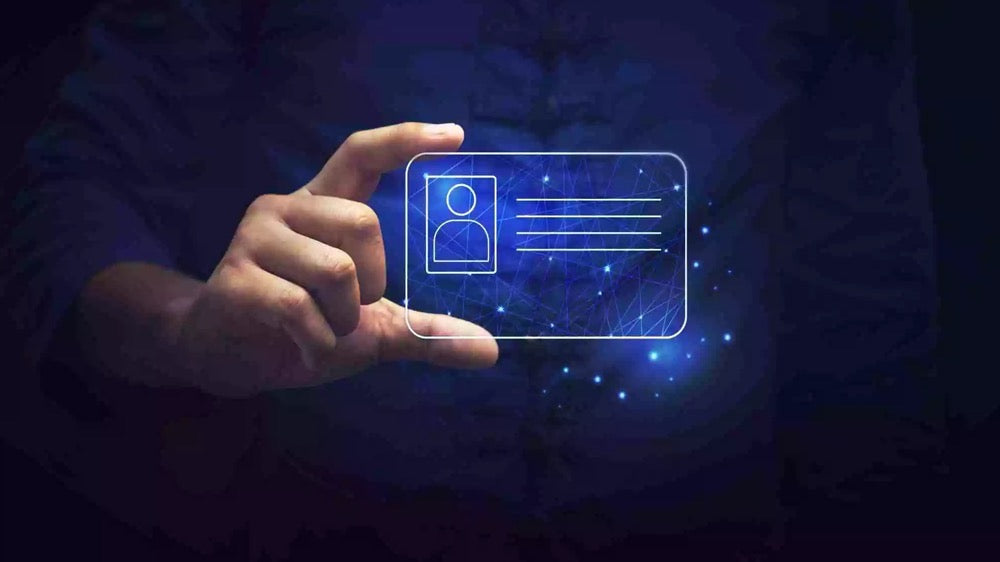
In the world of radio communications, the term 'ID' refers to an identity or numeric identifier that plays a crucial role in distinguishing one user or device from another. This blog post explores...
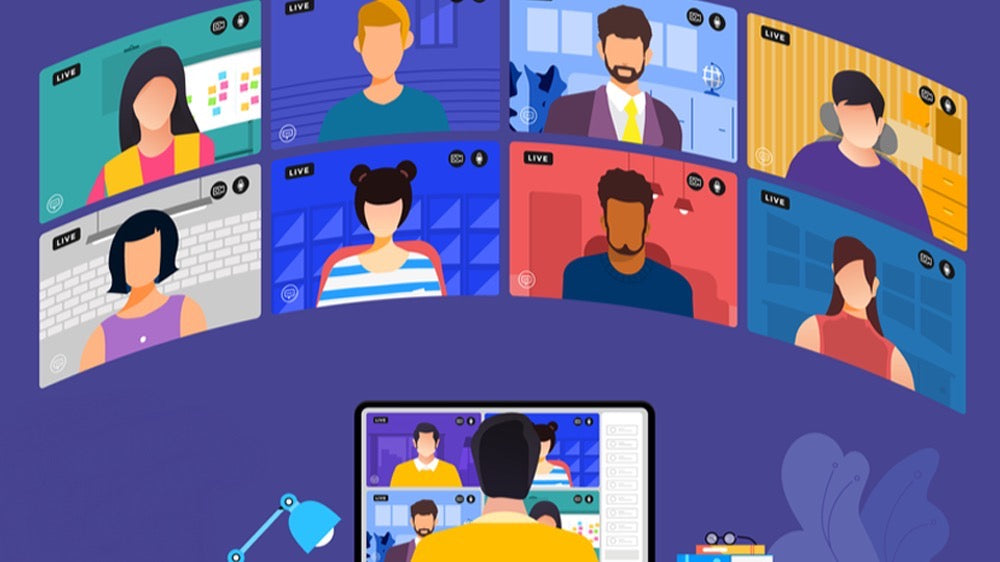
Group calls are an essential feature in two-way radio systems, allowing a single user to communicate with multiple members simultaneously. This blog explores the concept of group call, its signifi...
Need to contact a partner?
Get help to solve a complex business challenge or pursue purchasing.


